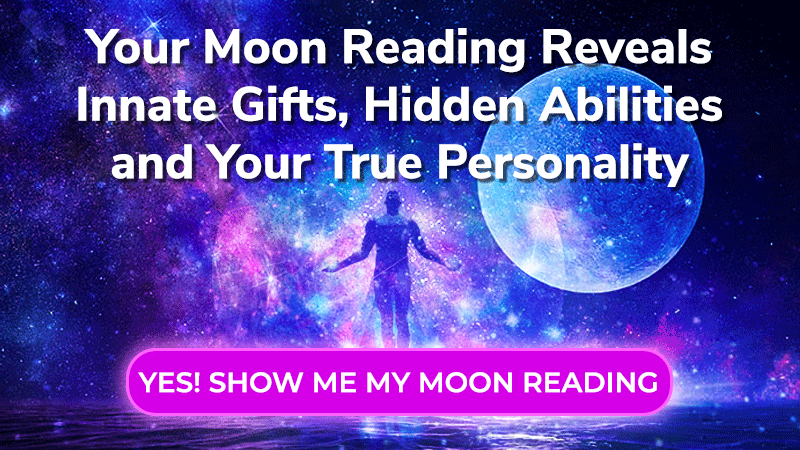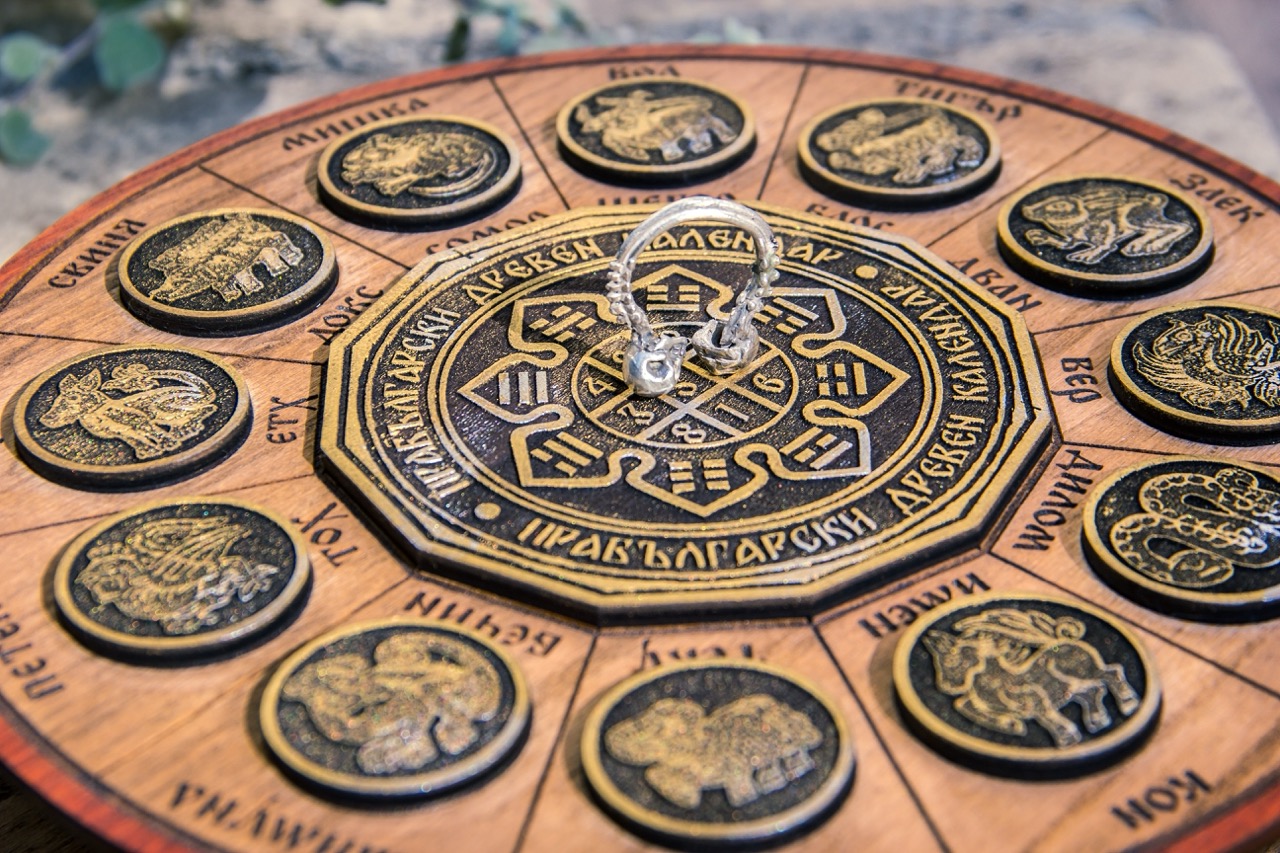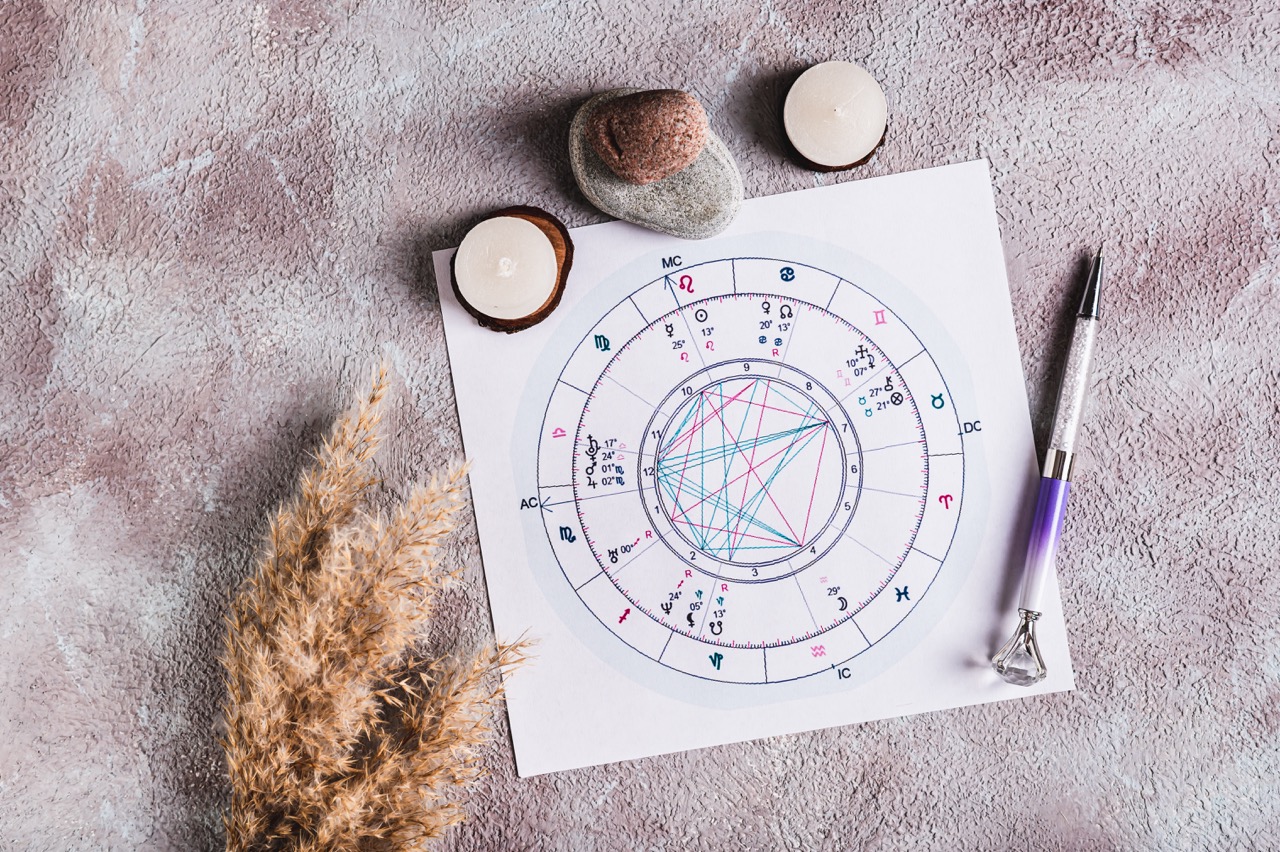===
In a world often dominated by skepticism and scientific reasoning, the allure of moon reading and astrology might seem puzzling. Many people dismiss these practices as mere superstition, yet a growing number of individuals find deep meaning and guidance in the celestial patterns that govern our lives. Whether one approaches astrology with an open heart or a critical mind, the profound impacts of moon reading can still resonate. This article delves into the mechanics behind moon reading, the role of intuition, the effects of lunar phases, and how astrology can serve as a powerful tool for personal growth.
Understanding the Basics of Moon Reading and Astrology
Moon reading, a subset of astrology, focuses on the moon’s phases and its influence on our emotions and behaviors. Unlike the sun sign, which represents our core identity, the moon sign delves into our inner world—our instincts, feelings, and subconscious motivations. When we explore moon reading, we engage with a cosmic map that reveals how lunar cycles can influence our moods and decisions. Each phase of the moon—new, waxing, full, and waning—carries its own unique energy, guiding us through a rhythm that mirrors our personal growth.
Skeptics often question the validity of these celestial influences. However, the principles of lunar cycles are rooted in ancient wisdom, echoed by countless cultures throughout history. The moon’s gravitational pull affects not only the tides but also our emotional landscape. This connection can be seen in how many individuals report feeling more introspective during a new moon or more energized during a full moon. By understanding these cycles, even the most skeptical among us can find value in observing how the moon’s phases align with our experiences.
Moreover, moon reading encourages mindfulness. By regularly checking in with the lunar calendar, individuals can cultivate a deeper awareness of their emotions and reactions. This practice fosters a sense of connection to the universe and to oneself, even if one does not fully embrace astrology as a belief system. It serves as a reminder that we are part of a larger cosmic dance, where the phases of the moon can provide a framework for understanding our personal journeys.
The Role of Intuition in Skeptical Perspectives
Skepticism often arises from a desire for empirical evidence and logical reasoning. However, intuition plays a crucial role in how we process and understand the world around us. Intuition allows us to connect with our inner selves and tap into feelings that might not be easily articulated. In the context of moon reading, it can bridge the gap between rational thought and emotional insight. When skeptics engage with moon readings, they might find that intuitive tendencies can enrich their understanding, even if they don’t fully believe in the astrological framework.
Many skeptics have reported experiencing moments of synchronicity or profound realization while reflecting on their lunar sign or the current moon phase. These experiences often resonate deeply, prompting them to reconsider their stance on astrology. The act of reflecting on one’s emotions and behaviors through the lens of moon phases can lead to valuable insights, regardless of one’s belief in the cosmic origins of these insights. It encourages a dialogue between the rational mind and the intuitive heart, fostering a more holistic understanding of one’s self.
In this way, moon reading can serve as a tool for self-discovery rather than a rigid belief system. By allowing oneself to be open to intuitive insights, even the most skeptical individuals can find layers of meaning that resonate with their personal experiences. This interplay of skepticism and intuition enriches the journey of self-exploration, leading to a deeper appreciation for the ways in which the cosmos can influence our lives.
How Lunar Phases Influence Our Daily Lives and Choices
The lunar phases are not just abstract concepts; they hold significant sway over our daily lives and choices. Each phase of the moon carries distinct energies that can guide our actions. For instance, the new moon is often associated with new beginnings, making it an ideal time for setting intentions and embarking on new projects. Conversely, the full moon is a time for culmination and reflection, where we can assess the fruits of our efforts and let go of what no longer serves us. Understanding these rhythms can help individuals align their actions with the cosmic energies at play, fostering a sense of harmony in their lives.
People may find that their moods and energy levels fluctuate in sync with the lunar cycle. During a waxing moon, individuals might feel more motivated and creative, while a waning moon could bring a sense of introspection and rest. By paying attention to these patterns, even skeptics can notice how their lives ebb and flow in relation to the moon’s phases. Keeping a lunar journal can be a practical way to document these experiences, allowing individuals to draw insights that can inform their future choices.
Utilizing lunar phases as a framework for decision-making can also alleviate feelings of overwhelm and uncertainty. When faced with choices, observing the current moon phase can provide a guiding principle—should I initiate a new project or take a step back? This practical application of moon reading can empower individuals, helping them navigate life’s challenges with greater clarity and confidence. By recognizing the moon’s influence, skeptics can find practical value in the practice, enhancing their lives without needing to fully embrace a belief in astrology.
Embracing Astrology as a Tool for Personal Growth and Insight
Astrology, and moon reading in particular, offers a unique lens through which we can understand ourselves and our relationships. By exploring our lunar signs and the current lunar phases, individuals can gain insights into their emotional patterns, strengths, and areas for growth. This exploration invites self-reflection and encourages a proactive approach to personal development. Even for those who are initially skeptical, astrology can serve as a valuable tool for self-awareness, promoting a deeper understanding of one’s motivations and desires.
Incorporating astrology into our lives can also enhance our relationships. Understanding the lunar signs of loved ones can provide insights into their emotional needs and reactions. This knowledge fosters empathy and compassion, allowing us to navigate interpersonal dynamics more effectively. By embracing moon reading, individuals can cultivate healthier relationships, as they learn to appreciate the diverse emotional landscapes of themselves and others. This awareness can transform skepticism into curiosity, opening the door to deeper connections.
Ultimately, astrology encourages us to embrace our unique journeys and recognize that growth is a continuous process. Moon reading is not about predicting the future with certainty; rather, it offers a framework for understanding ourselves and the world around us. By engaging with lunar cycles, even skeptics can find a sense of purpose and direction, allowing them to navigate life with greater intention and clarity. In this way, astrology transcends mere belief, becoming a practical guide for personal growth and insight that resonates with the human experience.
===
In conclusion, moon reading offers a rich tapestry of insights and reflections that can resonate deeply, even for those initially skeptical. By understanding the mechanics of moon phases, embracing intuition, observing their influence on daily life, and approaching astrology as a tool for personal growth, individuals can uncover layers of meaning and understanding. Whether you are a seasoned astrologer or a curious skeptic, the moon invites you to explore the cosmos within yourself. Embracing these celestial teachings can lead to a more harmonious and intentional life, revealing the profound connections that exist between us and the universe.





